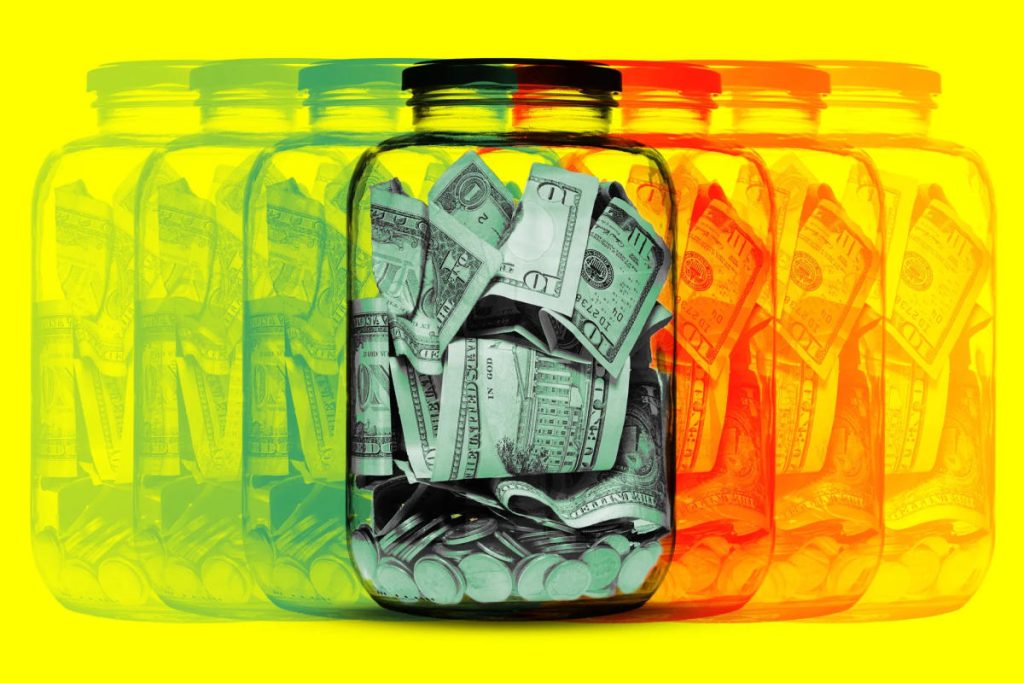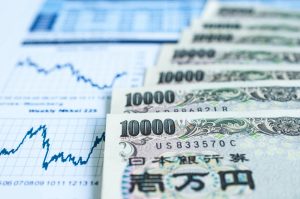
Money market accounts are savings accounts that often offer higher interest rates than regular savings accounts and often incorporate checking account features, like easy access to cash. Yet they can also have downsides: Many have minimum balance requirements and excessive fees. To figure out if these accounts are right for you, it’s important to understand both the downsides and the benefits of the best money market accounts and how they fit into your financial goals.
Money market accounts are interest-accumulating accounts you can open at a bank or a credit union. What differentiates these accounts from other savings accounts is they generally pay higher interest rates, which can benefit those with short-term savings goals.
The most significant benefit of money market accounts is that they offer high annual percentage yields (APY). While the exact amount of interest you earn will depend on a few factors—such as how much money you have in the account and which bank you open your account with—they generally pay higher interest rates than traditional savings accounts.
This is an attractive option because we are currently at a unique point in the economy where savings account yields have been higher than they’ve been in years due to rising interest rates.
“At a high level, money market funds are generally a better option than just sitting in a checking or a savings account because they actually yield higher,” explains Matt Kocanda, certified financial planner at CI BDF Private Wealth, a private wealth-management firm in Itasca, Ill.
While money market accounts are great for saving and managing your money, it’s important to remember that a money market account is not considered an investment tool, and to build a long-term investment portfolio, consider opening a retirement account such as a 401(k) or Roth IRA.
What makes money market accounts different from high-yield savings accounts is that the accounts offer features of both savings accounts and checking accounts. Like checking accounts, they often come with debit cards and check-writing abilities.
Many banks offer debit cards to money market account holders, enabling users to make withdrawals and transfers from ATMs and pay for goods with their debit card. Users can often also write checks against their account balances.


